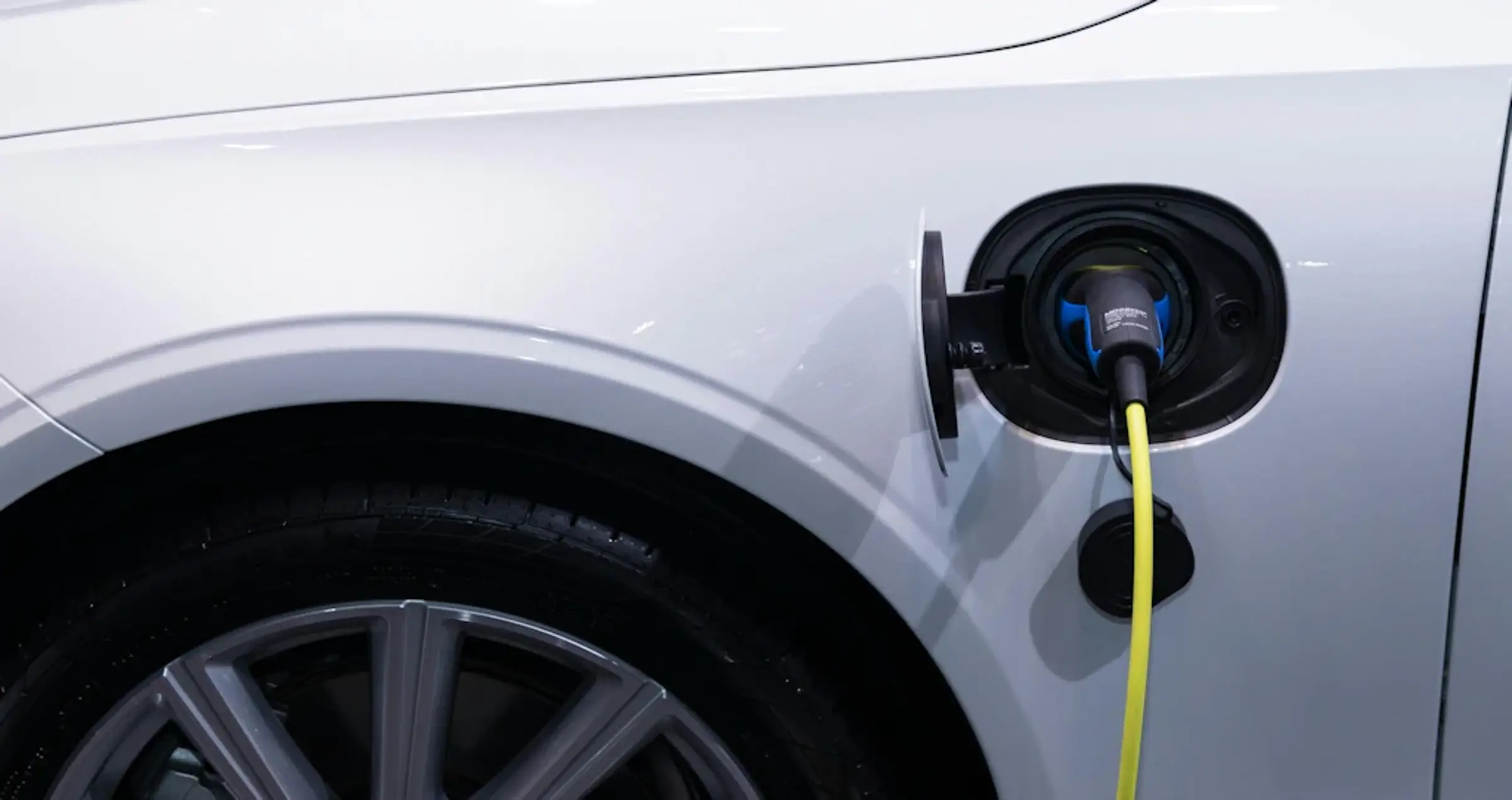Opting for an electric car doesn’t necessarily mean you can’t have a caravan holiday but there are few things you need to look out for.
Can electric cars tow?
When electric cars first came to market, few could officially tow a caravan or trailer but there are now a number of models available which are approved for towing.
Recent research by What Car? found more than half of electric cars currently on sale can officially tow. That means there are 50 out of 85 models to choose from, with nine of those capable of towing up to 1,800kg.
How do you check an electric car's towing capacity?
Towing capacity is the maximum weight that a car can legally tow. You should be able to find an electric car's towing capacity on the manufacturer’s website or in the handbook.
You need to check the braked towing capacity and unbraked towing capacity, depending whether your trailer has its own independent braking system or not. Trailers or caravans without brakes can weigh no more than 750kg.
You also need to consider the maximum authorised mass (MAM) i.e. the weight of a vehicle or trailer including the maximum load that can be carried safely when it’s being used on the road. This is also known as gross vehicle weight (GVW) or permissible maximum weight.
As a rule of thumb, your trailer should weigh no more than 85% of the car (known as the 85% rule).
How does towing affect an electric car’s range?
Unsurprisingly, towing something heavy like a caravan or horsebox will have an impact on your electric car’s range. There aren’t any official figures on the impact but expect a drop of about 25% to 30%.
That means you’ll need to opt for a car with bigger batteries or plan to make a few stops for charging. Increasingly, camping and caravan sites will have electric car chargers.
